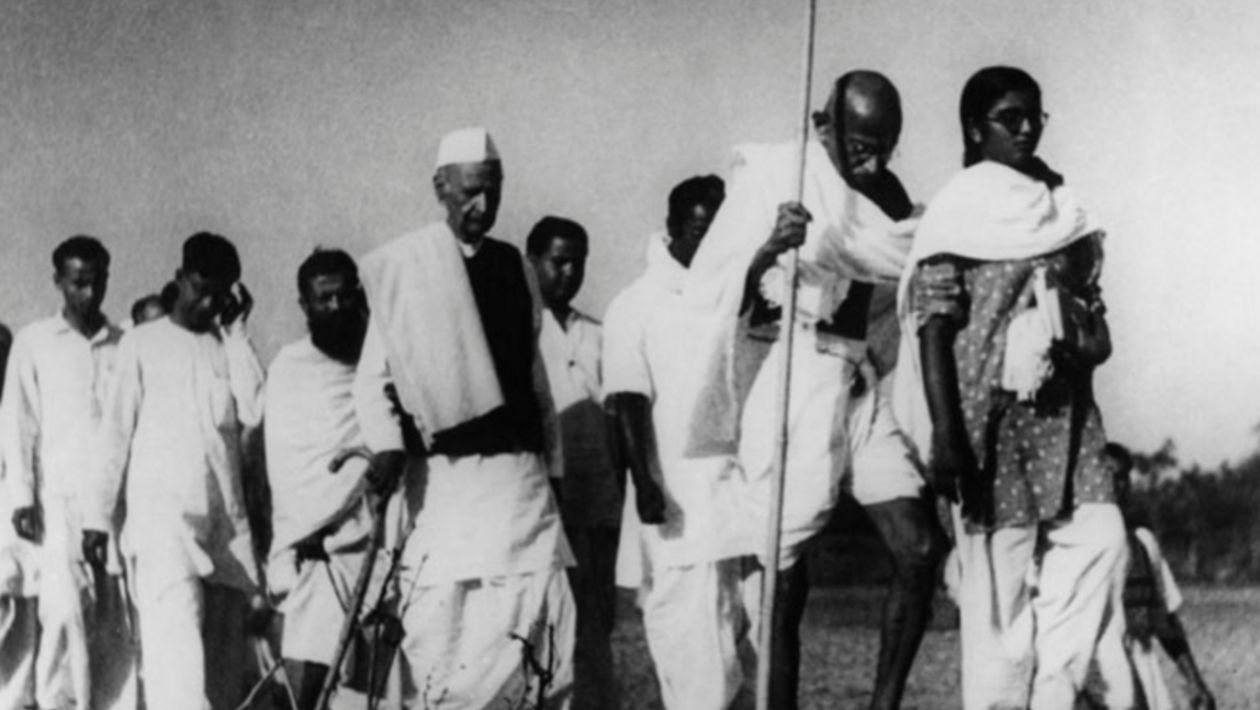African American Gandhians – Nonviolence Advocates in the Civil Rights Movement
Introduction
Nonviolence was the fundamental ideology that guided Martin Luther King, Jr.’s leadership in the civil rights movement. Throughout his activism, in his sermons and public speeches, King advocated the importance and power of nonviolent resistance to racism and social injustices. Deeply inspired by Mahatma Gandhi and his commitment to nonviolence, King felt strongly about following Gandhian principles.
While King may have been the most prominent proponent of nonviolent activism, he certainly was not the only one. Long before King became the spokesman for the civil rights movement, many other activists were motivated by and committed to a nonviolent struggle for justice and freedom. This lesson plan focuses on those individuals who came before King and also those next to him, who inspired and led the civil rights movement while making nonviolence its guiding principle.
Note: This lesson plan is a part of a lesson plan collection devoted to Gandhi, King, and the Nonviolent Global Struggle For Freedom and Justice.
Check out: Lesson Plan: Martin Luther King, Jr.’s Pilgrimage to India; Lesson Plan: Nonviolence in the Indian and African-American Freedom Struggles
Essential Question
- 1
How did the ideology of nonviolence enter the civil rights movement/Freedom Struggles?
Sub Questions
- 1
Who were the early advocates of nonviolence in the U.S.?
- 2
Which individuals and organizations were committed to nonviolence as the guiding principle in their activism?
- 3
Who were the individuals that inspired Martin Luther King, Jr., to study and to embrace nonviolence?
- 4
Today, who are the individuals/ organizations committed to nonviolence?





